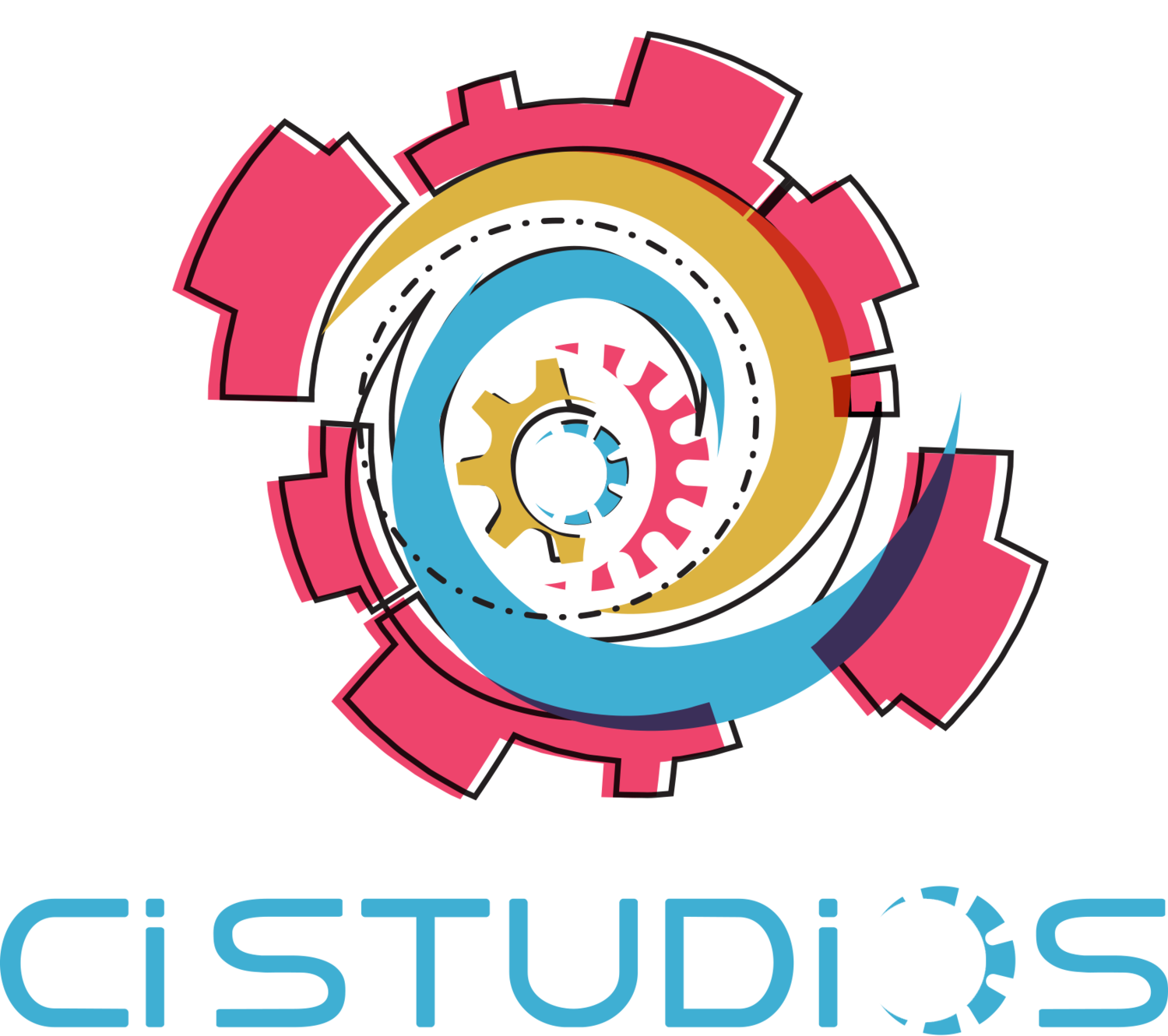So, we're going to take a few minutes here and talk about inspiration. AKA, "Where do you get your ideas from?" In many cases, the creative process bears a suspicious amount of resemblance to just sitting in front of a blank screen and staring off into the distance, perhaps with the thumb thoughtfully stroking the chin on occasion. And occasionally, inspiration can strike then and there! We're hardly ones to judge. More often than not, though, this process typically ends with getting an alert on your smart phone, opening a tab to check the news, and grumbling something to the effect of "oh, there [insert despised political/entertainment/sports-ish figure of your choice] goes again!" and before you know it, it's five o'clock somewhere.
So, with that in mind, we'd like to talk about how to be creative, but in a proactive fashion (it's not impossible!) First, ask yourself the question: What are you being asked to be creative about? In our world, that typically involves a client's script where the subject matter might well be on the drier side, and they're asking us to jazz it up. And we all know the thing about jazz right? It's the notes you don't play that matter! ...OK, so that's not particularly helpful here, let's try this again. It all sounds the same? Yes, yes it does (No offense to any jazz aficionados out there. Well, some offense.) So how does this relate to our creative process? In short, someone in the past has probably done something similar to what you're trying to do now. And that someone has probably made it publicly available. I'm speaking, of course, of reference material.
We watch ads constantly. Well, yes, everyone does, but we're the fools who go out of our way to find them. And then we watch them, and try to figure out why they work (or often, why they don't work). Some of them are quite funny. Others are informative. A few pull at the heartstrings. Some often start with a shocking example, and then take a swerve midway through to reveal they're actually selling you auto insurance. And either way, most circle around a catchy call to action (well, catchy until it slices into the youtube video you're trying to watch for the umpteenth time, but that's hardly the video-maker's fault). The point is, there is a structure there.
Structures are neither good nor bad, but can often be a very reassuring starting point. A lot of what we do eventually becomes a focus-group-driven game of mad-libs (which is less fun than it sounds), but knowing how a structure works, and how these different mad-libbed elements can all be arranged, is definitely good to keep in the back of the mind (if nothing else). Let's look at some truths: If you don't have someone's attention by, say, five seconds in, you're done. If you don't say your brand name out loud, and often, it probably won't be remembered. Details matter, until you try to squeeze sixteen of them into a fifteen second spot, and then you're just overwhelming your viewer. And at the same time, your viewers are smart, and will work out very quickly if you're promising something that can't possibly be true.
So what does this all have to do with (reads beginning of post, squints) inspiration? Only this: Being creative is hard work, and the best way to find out what people like, is by finding out what you like. In other words: Take a break, look around, and see what else is out there. See what you remember fifteen seconds later. What you laugh at. What you get annoyed by. What you write down and make a note to google later. Will all of it be relevant? Maybe! And maybe not. But it will give you a starting point. And sometimes, that's all you need.

